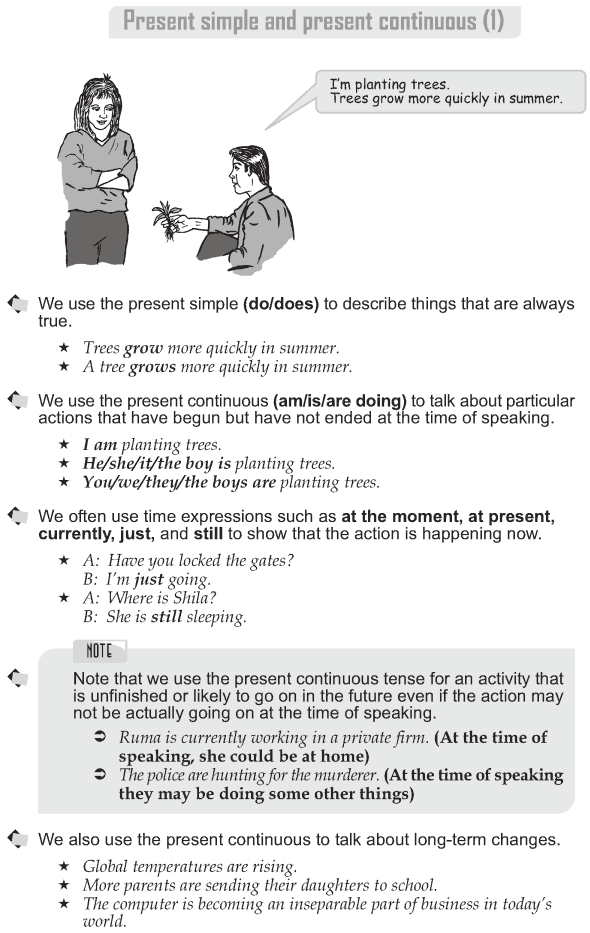 Genre/Topic: Tense
Genre/Topic: Tense
What is the structure of simple present tense? When do we use the simple present tense? What is the structure of present continuous tense? When do we use the present continuous tense?
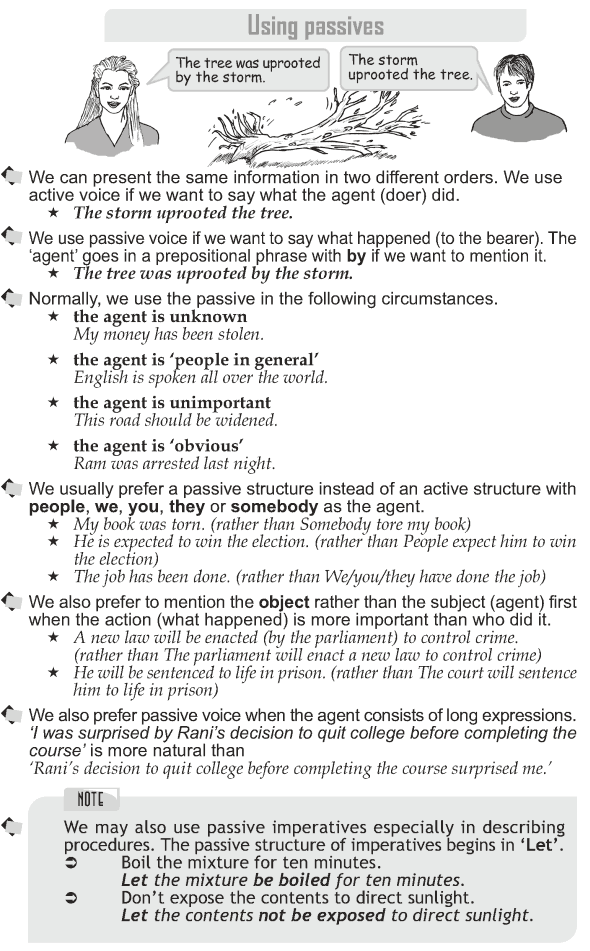 Genre/Topic: Passive voice
Genre/Topic: Passive voice
When is the active voice preferable? When is the passive voice preferable?
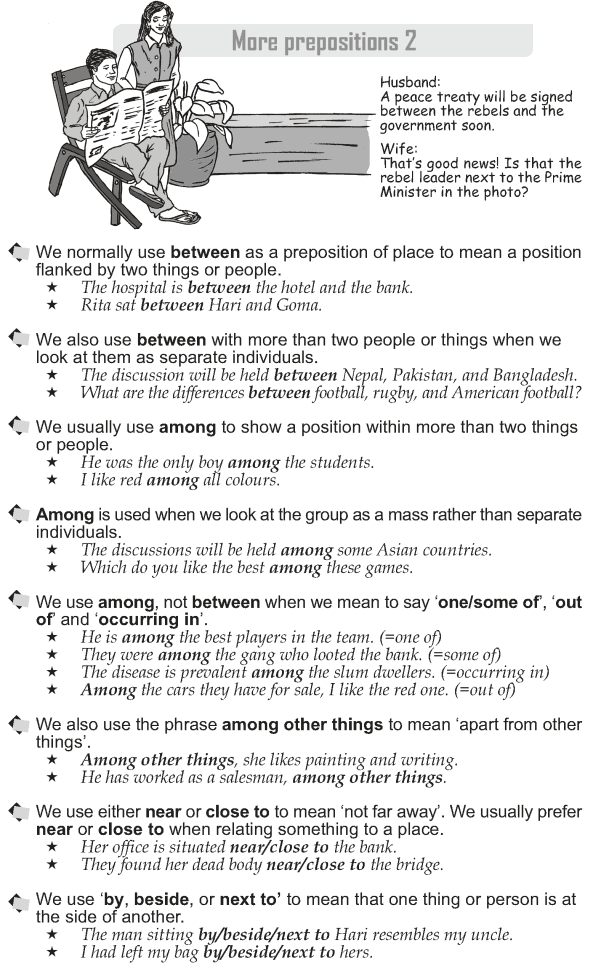 Genre/Topic: Prepositions
Genre/Topic: Prepositions
What is the difference between the prepositions ‘between’ and ‘among’? What does the phrase ‘among other things’ mean? Which is more preferable: ‘near’ or ‘close to’? Do ‘by’, ‘beside’ and ‘next to’ mean the same?
Download the complete course now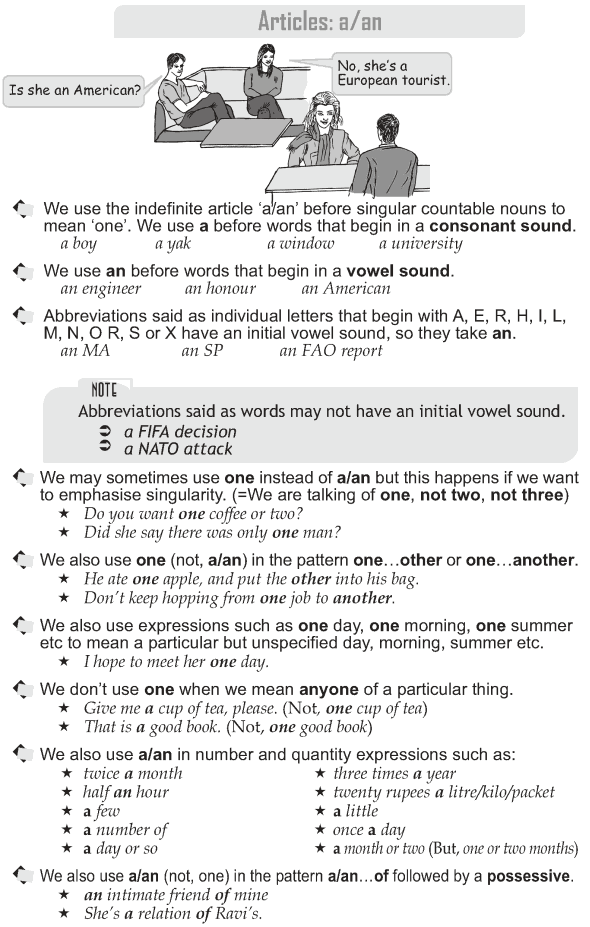 Genre/Topic: Articles
Genre/Topic: Articles
Where do we use the article ‘a’? Where do we use the article ‘an’? What articles are used before abbreviations? Can we replace ‘a/an’ with ‘one’? Where do we use ‘one’?
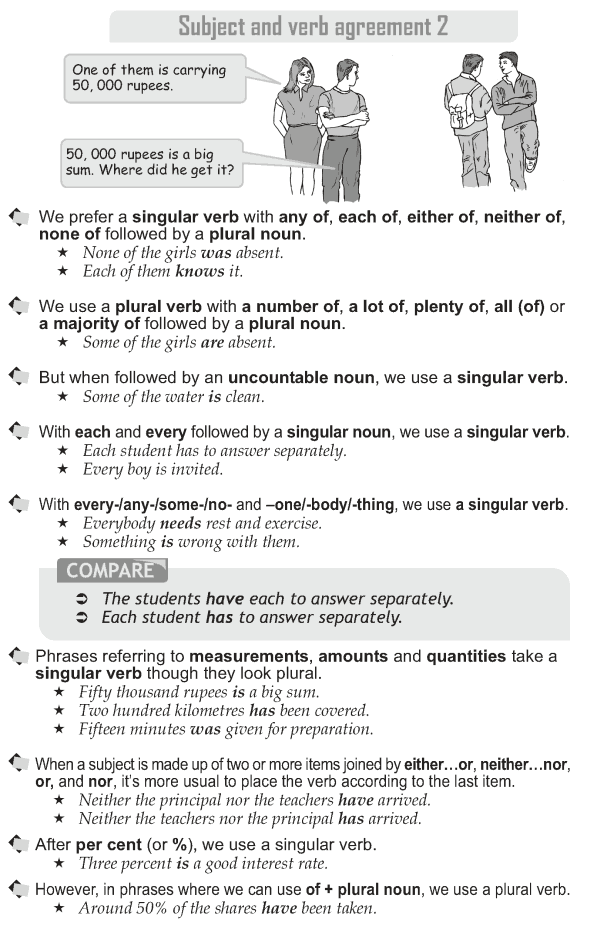 Genre/Topic: Subject-verb agreement
Genre/Topic: Subject-verb agreement
What verb do we prefer with ‘any of’, ‘each of’, ‘either of’, ‘neither of’ etc? What verb do we use with ‘a lot of’, ‘plenty of’, ‘all of’ etc? What verb do we use with ‘each’ and ‘every’? What verb do we use if the sentence begins with ‘every-/no-/any-/some-’? What verb do we use if […]
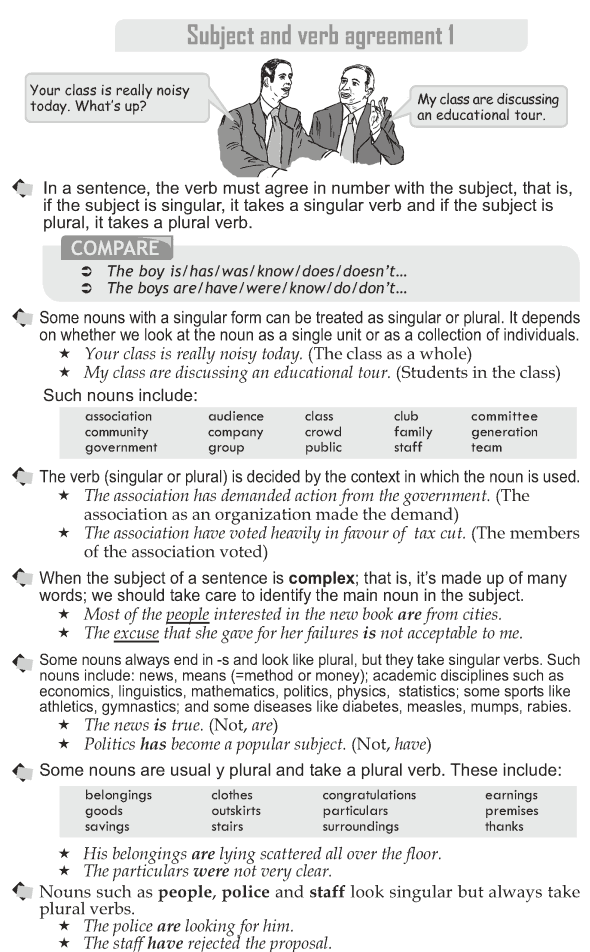 Genre/Topic: Subject-verb agreement, Verbs
Genre/Topic: Subject-verb agreement, Verbs
Do singular subjects take singular verbs? What about plural subjects? Do they take plural verbs? What do we do with nouns that can be treated as both singular and plural? Do we use singular nouns with them or plural nouns with them? What verbs do complex sentences take? What are some nouns that always take […]
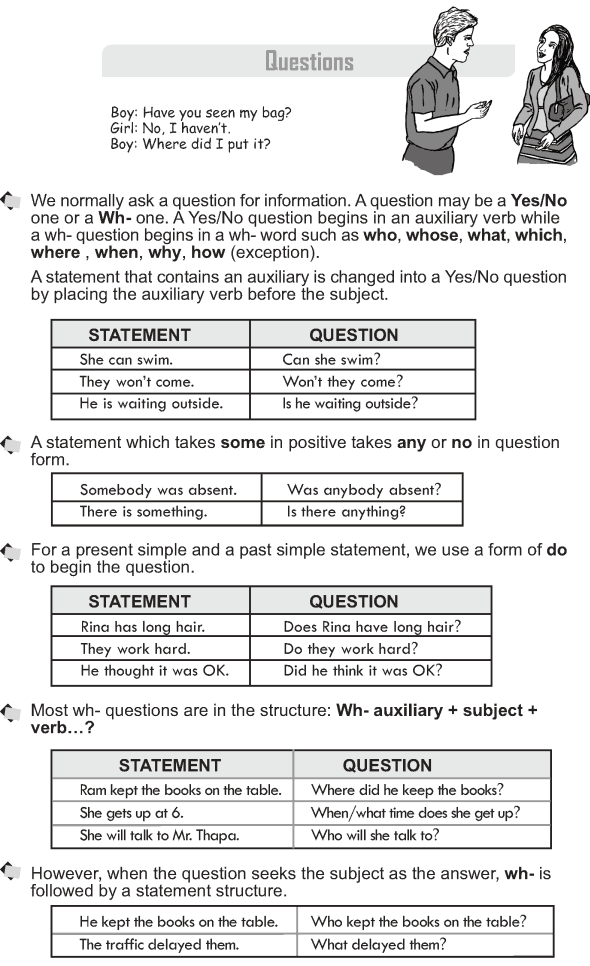 Genre/Topic: Questions
Genre/Topic: Questions
What are yes/no questions? What are wh- questions? How do we form a yes/no question from a statement that contains an auxiliary verb? How do we form questions that are in simple present or the simple past? Is the structure of the question the same when the question seeks the subject for an answer?
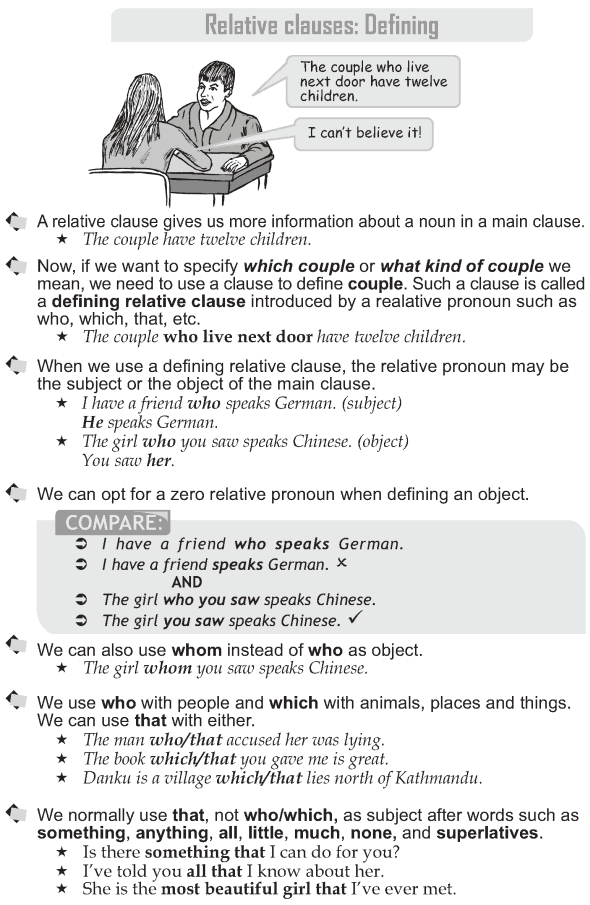 Genre/Topic: Clauses, Relative clauses
Genre/Topic: Clauses, Relative clauses
What are relative clauses? What are defining relative clauses? Is it possible to omit the relative pronouns? When do we use ‘who’, ‘which’ or ‘that’?